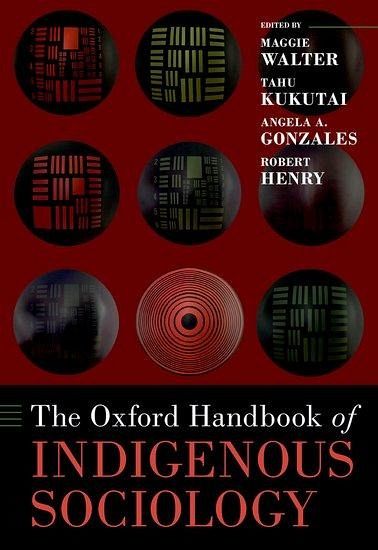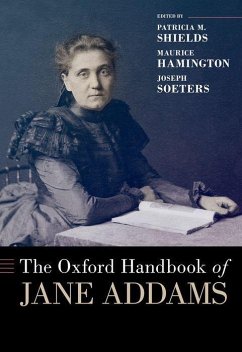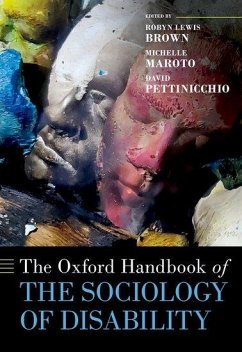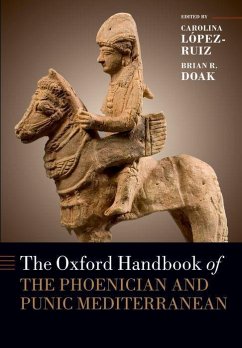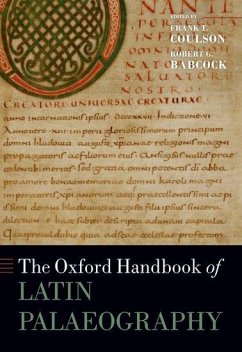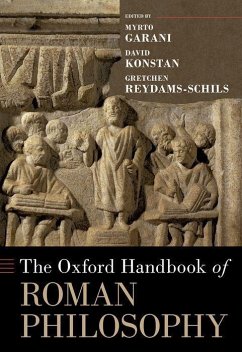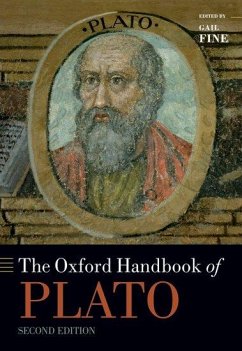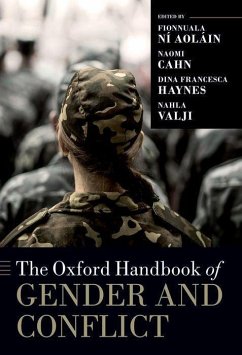Maggie Walter (PhD; FASSA) is Palawa (Tasmanian Aboriginal) and Distinguished Professor of Sociology (Emerita) at the University of Tasmania. A previous Pro-Vice Chancellor, Aboriginal Leadership (2014-2020), Professor Walter's research centers on challenging, empirically and theoretically, standard social science explanations for Indigenous inequality. In May 2021, Maggie was appointed a Commissioner with the Victorian Yoo-rrook Justice Commission, inquiring into systemic injustices experienced by First Peoples since colonization. Tahu Kukutai is a social scientist who specialises in Maori and Indigenous demographic research. She has written extensively on issues of Maori population change and identity, Indigenous data sovereignty, official statistics and ethnic classification. Tahu has undertaken research for numerous tribes, Maori communities, and government agencies, and provided strategic advice across a range of sectors. Tahu is a founding member of the Maori Data Sovereignty Network Te Mana Raraunga and the Global Indigenous Data Alliance. She is a Fellow of the Royal Society of New Zealand Te Aparangi. Angela A. Gonzales (Hopi tribal citizen) is an associate professor of Justice and Social Inquiry in the School of Social Transformation, and a Thought Leader Fellow in the American Indian Policy Institute at Arizona State University. As a community-engaged, transdisciplinary scholar, her research cuts across and integrates knowledge and practice across the fields of sociology, Indigenous studies, and public health with a focus on understanding and addressing the social determinants of Indigenous health. She strives to embody the Hopi values of sumingnawa (working together with others) and numingnawa (working for the benefit of all) through her research and community service. Robert Henry, Ph.D., is Métis from Prince Albert, SK and an assistant professor at the University of Saskatchewan, Department of Indigenous Studies. He is the scientific director of the SK-NEIHR, and holds a Canada Research Chair - Tier II in Indigenous Justice and Wellbeing. Robert's research areas include Indigenous street gangs and gang theories, Indigenous masculinities, Indigenous and critical research methodologies, youth mental health, ethics and visual research methods. He has published two photovoice projects Brighter Days Ahead (2013) and Indigenous Women and Street Gangs: Survivance Narratives (2021) with Indigenous men and women involved in street gangs.
